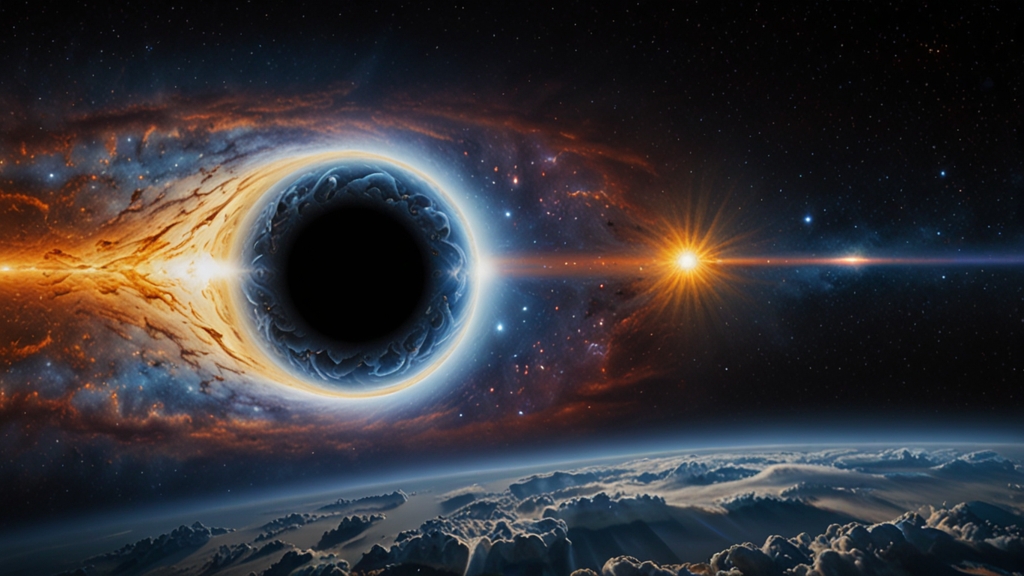Introduction
Ever since humanity developed the capacity for thought and self-awareness, we have relentlessly pursued answers to fundamental questions about our origins. Myths and legends have woven rich tapestries of how the universe came into existence, offering explanatory power in culturally and historically significant ways. However, with advances in science and technology, a clearer picture has emerged, challenging these myths and providing new insights into what really happened at the beginning.
The Big Bang Theory: The Contemporary Genesis
The Big Bang Theory remains the most widely accepted scientific explanation for the origins of the universe. It posits that approximately 13.8 billion years ago, the universe was condensed into an infinitely small, hot, and dense singularity. This singularity then rapidly expanded, giving birth to all matter, energy, space, and time as we know them.
What's compelling about the Big Bang Theory is not just its scientific robustness, but also the profound implications it has for understanding the nature of everything around us. This theory is supported by multiple lines of evidence, including the cosmic microwave background radiation and the observable expansion of the universe.
"The cosmos is within us. We are made of star-stuff. We are a way for the universe to know itself." - Carl Sagan
Myths Versus Reality
Prominent myths from various cultures often present unique creation narratives. For example, in Greek mythology, the universe is born out of Chaos, a void state. In Hindu tradition, the universe undergoes endless cycles of creation, preservation, and destruction, orchestrated by deities like Brahma, Vishnu, and Shiva. While these stories are fascinating and resonant with cultural significance, they lack empirical grounding in comparison to scientific theories.
These myths have not only colored our understanding of the universe but have also shaped our cultural and philosophical perspectives. However, they do not offer the explanatory power or predictive capability inherent in scientific inquiry.
The Quantum Realm: Unraveling Mysteries
One of the more recent and profound advances in understanding the beginning of the universe involves quantum physics. The early universe was governed by quantum mechanics rather than classical physics. In these early moments, particles and energy behaved in ways that defy common sense, involving uncertainties and probabilistic events.
This quantum realm has provided us with mind-boggling concepts such as quantum fluctuations, which may have contributed to the variations in density that eventually led to the formation of galaxies, stars, and planets. The merger of quantum mechanics with general relativity remains one of the most substantial hurdles in modern physics, promising even deeper insights into the moments preceding the "Big Bang."
Limitations and Future Directions
Even with our sophisticated tools and theories, there remain considerable limitations in our understanding. The exact cause of the Big Bang, and what, if anything, existed before it, is still a subject of much speculation and investigation. Scientists are exploring ideas such as the multiverse theory, which posits that our universe may be just one in an infinite sea of others.
"We are stuck with technology when what we really want is just stuff that works." - Douglas Adams
As researchers continue to probe the cosmic microwave background radiation, gravitational waves, and other phenomena, new models and theories will undoubtedly emerge, adding complexity and nuance to our understanding of the universe's origin.
Conclusion
The journey to understanding the true beginnings of the universe is a testament to humanity's insatiable curiosity and capacity for awe. While myths have provided cultural and existential solace, modern science offers a grounded and continually evolving picture of how everything began. The Big Bang Theory, quantum physics, and related scientific inquiries represent our most accurate understanding yet, but this is a story still being written, with new discoveries waiting just over the horizon.







